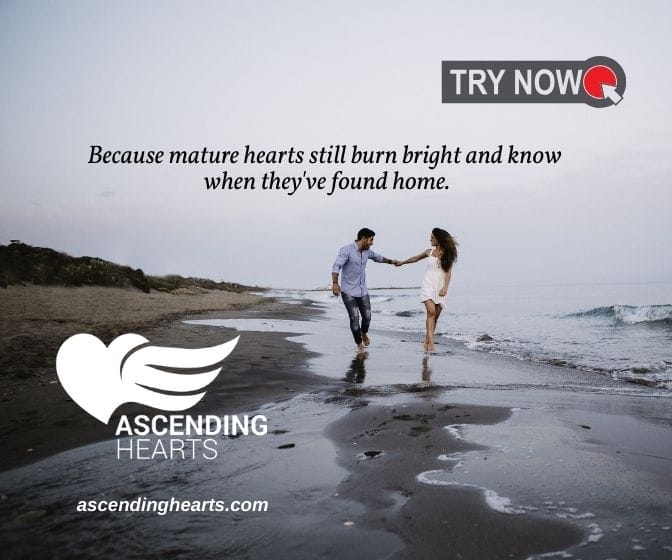Your Childhood Holds the Keys to Love

By Mary Cook, M.A., R.A.S.
Twelve step programs tell us we can’t give away what we don’t have. If we wish to give and receive healthy, mature love, then we need to find it first within ourselves. The primary model for love comes from how we felt loved or unloved as children and how love was demonstrated in our families. Additionally the objects, activities, experiences, places, animals and people that we loved most as children are keys to loving ourselves today.
Characteristics commonly seen in children who reside in healthy environments are heightened hope, energy, comfort, confidence, curiosity, creativity, spontaneity, awe, wonder, and idealization. These characteristics are often present at all ages in the honeymoon stage of love. When we’ve experienced sufficient hardship, disappointment, hurt or trauma we can lose many or all of these traits. Reclaiming them, with the exception of idealization is one of the goals of developing healthy love.
Idealization magnifies or fabricates positive elements and denies or minimizes negative elements. Therefore it keeps us from seeing what is real. Mature love is based on true, deep understanding of oneself and one’s partner. Idealization is a fantasy based on our needs and a false belief that a partner will rescue us from harm and will provide only positive experiences for us. Thus one of the tasks of adulthood is seeing and accepting ourselves, others and the world as whole, with both positive and negative parts.
Another reason why as adults we must love ourselves first to love others, is to learn primary responsibility for our own healing, caretaking and growth. We see how it is not magical and easy, but requires deep conscious awareness and difficult effort to heal, recover and grow from hurtful experiences. Accepting this responsibility allows us to see others as they are rather than as we selfishly wish them to be. Learning to love our whole self and committing to become the best person we can be, allows us to love others and commit to a working partnership.
The character traits of integrity, honesty, understanding, attentiveness and autonomy are essential to healthy, mature love. When a person’s words and behavior match their feeling, energy, motivation, body language, tone and attitude, there is integrity. When the outward doesn’t match the inward, the internal communication is dominant.
For example, if I tell my partner I’m happy and nothing’s wrong and my partner senses I’m tense, withdrawn and have no energy, my partner understandably gives credence to the internal message.
So if we pretend to be in a positive place with ourselves and the truth is we chronically battle self hate, self doubt and unworthiness, once the idealization in the honeymoon stage is over, the relationship will mirror our real inner state. Our partners relate to, interact with and reflect back our internal communication, which is based on our real feelings toward ourselves.
If our goal is to experience reciprocal, healthy, mature love, we must look to our childhood. Childhood holds the keys to our original beliefs about love, ourselves and experiences that triggered love. We re-examine old beliefs to process, change, understand and edit out what is unhealthy and further develop the healthy elements.
We are responsible to heal our wounds and create conditions conducive to our happiness and well being. We make positive use of our higher power, support systems and often counselors to do so. We must experience in ourselves the same unbounded joy that a healthy parent feels for their child. When we identify character defects, we must examine ourselves to understand them and work toward solutions, rather than condemn and punish ourselves. We inventory the parts of our world and ourselves in childhood that triggered intense absorption, interest, comfort, happiness, excitement, creativity and growth. We find healthy ways to incorporate them into who we are and what our lives are today.
There are people in recovery that emphasize amending harm done to others over harm done to self. There are others who emphasize harm done to themselves over harm to others. We need to address both equally. We need to see what we like and don’t like, what is healthy and what is sick, what is weak and what is strong to truly understand and to make positive changes. This is part of learning mature, healthy love. There are no fixes and this doesn’t come quickly or easily. We must rely on patience, tolerance and faith to keep us on a path toward healthier love. When we love ourselves in the healthiest sense, we have a never-ending supply of love for others as well.
Click HERE to Connect with your Daily Horoscope!
About the Author
Mary Cook is the author of “Grace Lost and Found: From Addictions and Compulsions to Satisfaction and Serenity”, available from Amazon.com, etc. Mary has 38 years of clinical practice and 29 years of university teaching experience. She is available for telephone and office counseling, guided meditation, and speaking engagements. Her Facebook page is: https://www.facebook.com/pages/Mary-Cook/166903606690909
WWW.MARYCOOKMA.COM
OMTimes Magazine is one of the leading on-line content providers of positivity, wellness and personal empowerment. OMTimes Magazine - Co-Creating a More Conscious Reality





